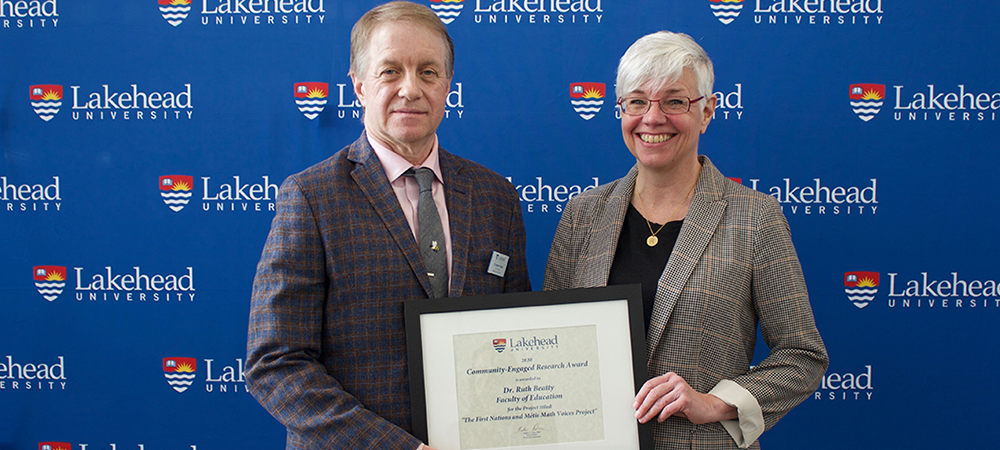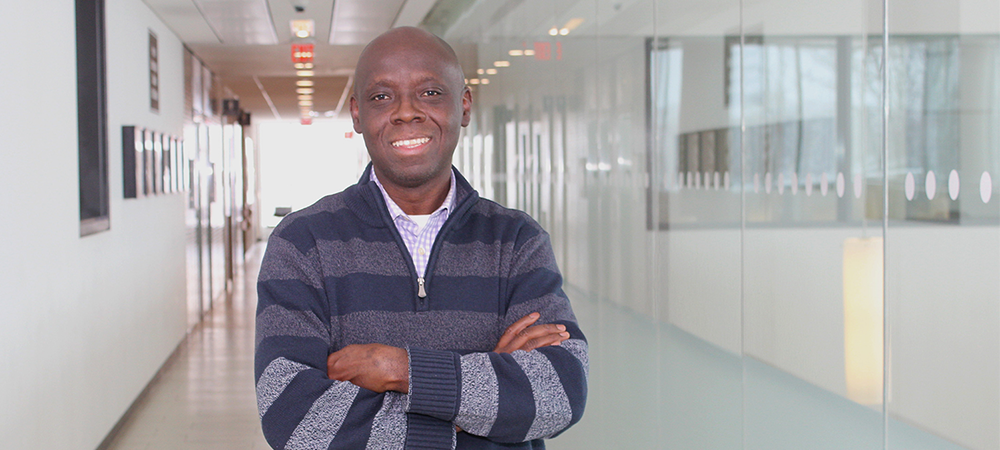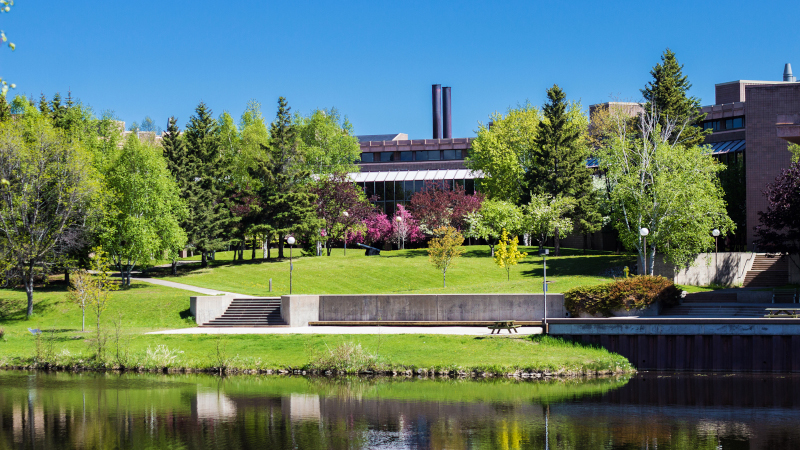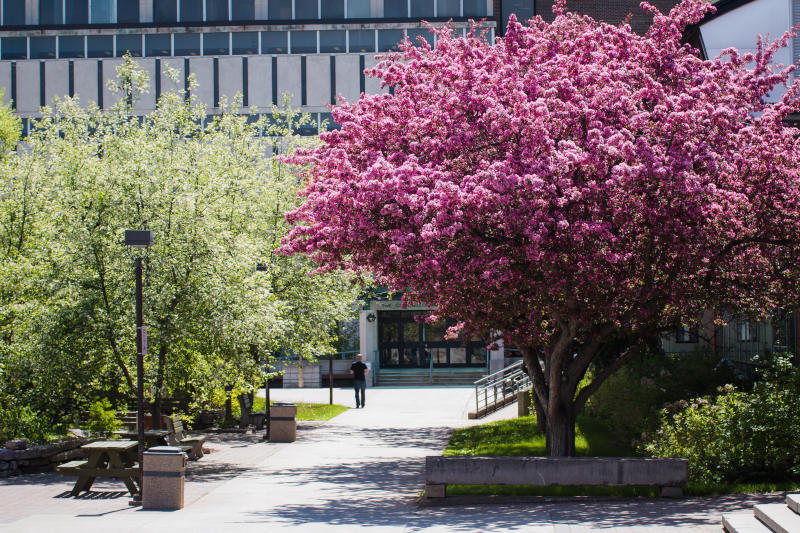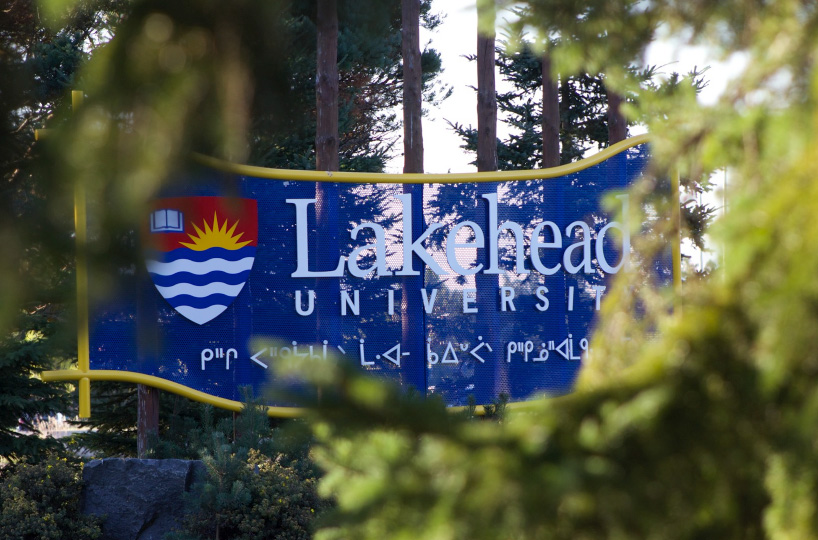Research in Action: Research helping to improve the efficiency of motors
As the negative climate effects of fossil fuel-based energy sources become more apparent, governments, scientists and industries around the globe are putting more resources into developing sustainable and environmentally friendly alternatives.
Locally, Dr. Mohammad Nasir Uddin is contributing to the effort with his research, funded through Natural Sciences and Engineering Research Council of Canada (NSERC) Discovery Grants, on optimizing the efficiency of wind energy and electric motor drives.
A professor in the Department of Electrical Engineering at Lakehead University, Uddin and his graduate students are working on wind energy conversion systems to achieve maximum power extraction from the wind and maximum output from wind generators. They do this by creating intelligent algorithms that mimic the human brain by telling the system what to do in any given circumstance.
To illustrate what an algorithm is, Uddin gives the example of a commuter on the way to work in Toronto. “As she heads down the highway, her brain has planned out the shortest and fastest route. That’s an algorithm. Then she hears on the radio that there is an accident up ahead. Her brain takes that new information and creates an alternate route. That’s another algorithm.”
Uddin’s team has also developed control algorithms that improve the power quality and dynamic performance of wind generators by responding appropriately and quickly to unpredictable abnormal variations of wind speeds or power system fault conditions. Thanks to this kind of research the creation of a cost effective and sustainable wind energy system can be achieved.
Another area of Uddin’s research involves loss minimization in electric motors. “Fifty-five per cent of the total electric energy produced in the world is consumed by electric motors,” says Uddin. “If we use the algorithms to force the motor to follow certain conditions so that voltage and current give the minimum loss, then we can improve the overall efficiency of the system and achieve the best motor performance.”
Uddin has shared his findings in 228 papers that have published or accepted in refereed journals and conferences including 53 papers in IEEE Transactions which is considered the top ranking journal in his area of research. In 2010 he won the Lakehead University’s Distinguished Researcher Award.
Uddin’s impact in the field of Electrical Engineering goes beyond his own research. After more than 25 years of teaching and research experience at various universities in Canada, the United States, Bangladesh, Japan and Malaysia he has mentored and inspired many students. They include 50 highly qualified engineers (nine Ph.D., 24 Master’s, 14 Research Associates and three Postdoctoral fellows) and 82 undergraduate students. Most have gone on to work for companies like General Motors, Mercedes Benz, Rockwell Automation, AMEC, Caterpillar and Schneider Electric where they continue to develop optimization algorithms that improve efficiencies in motor drives used in transportation, robotics, automotive and oil industries.
Dr. Mohammed Nasir Uddin is a professor in the Department of Electrical Engineering at Lakehead University; Coordinator of the Electrical Engineering program under the Lakehead-Georgian Partnership; and the Director of the Renewable Energy, Power Systems and Drive Research Lab located in Barrie.
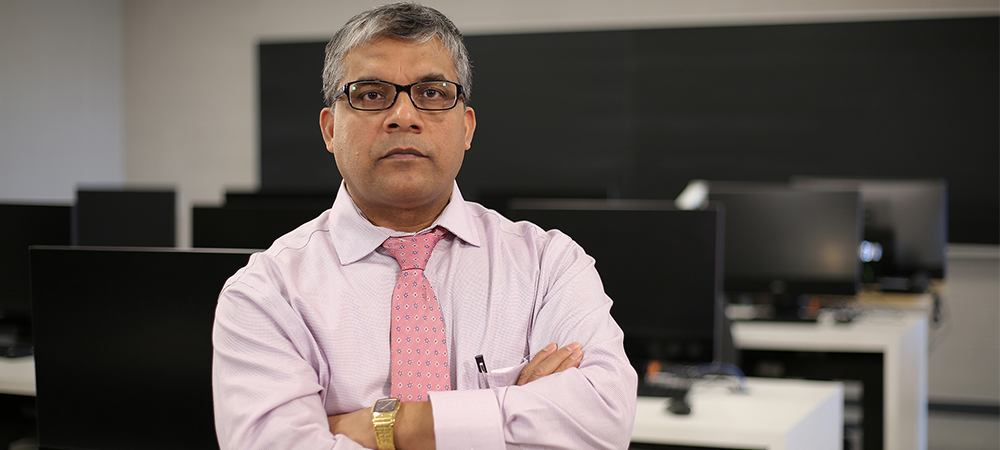


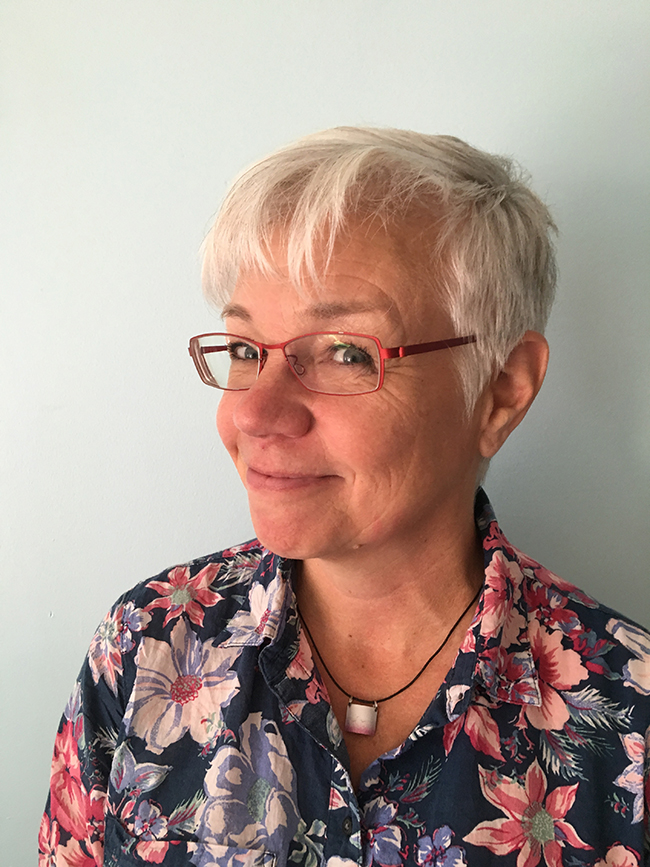 Math is not a four-letter word. But to those with rampant math phobia, it certainly feels like it. Dr. Ruth Beatty, Associate Professor in the Faculty of Education at Lakehead University’s Orillia campus often sees students who actively dislike or even fear math. To her the problem isn’t with math itself, it’s with how the subject traditionally has been taught.
Math is not a four-letter word. But to those with rampant math phobia, it certainly feels like it. Dr. Ruth Beatty, Associate Professor in the Faculty of Education at Lakehead University’s Orillia campus often sees students who actively dislike or even fear math. To her the problem isn’t with math itself, it’s with how the subject traditionally has been taught.